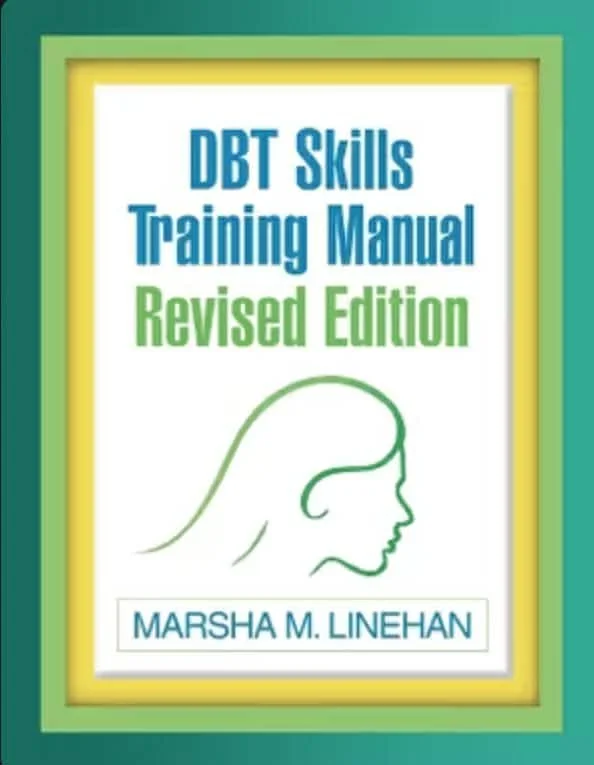Phone Coaching or AI Assistant?
With the rise of various generative AI applications I was intrigued this month when my client told me about her wilfulness about using phone coaching and her workaround for this to plug her question into a well known chatbot. My client showed me the results and I have to say I was impressed! There was a comprehensive list of skills offered including PLEASE factors as well as some skills from distress tolerance and mindfulness modules. It seemed ideal! But then I realised something….
Favourite DBT Skill: DEAR MAN vs PLEASE MASTER
Rebecca Medway and I have co-facilitated Skills Groups together on and off since 2008. When our first DBTBrisbane group started running some years ago, some banter between Rebecca and I began to emerge about what is the best DBT skill. Before I go on, the thing you need to know about DBT is that it is fully of acronyms and pnemonics that make next to no sense until you’re learning the skills. Read more here.
Do I have BPD? Do I need DBT?
I really enjoy working with people with BPD. I feel positive about the diagnosis because I know that DBT is likely to give them the skills they need to overcome life’s challenges. I have had the pleasure of working with so many people who undertake our program and subsequently lose the diagnosis of BPD that I feel tremendously hopeful when the diagnosis presents itself. A diagnosis of BPD is the beginnings of hope. Treatments that work are here!
The Value of Validation
Validation is a highly effective first step in resolving conflicts, be they between friends, partners, families or even within organisations or countries. Validation helps to defuse explosive situations and to get people unstuck from rigidly thinking that their own perspective is “right” (which is invariably not effective behaviour).
Beyond BPD: DBT as an evidence-based treatment for multiple disorders
DBT has long been known as a gold-standard treatment for Borderline Personality Disorder (BPD). However, the literature review also indicated that DBT has Level 1 evidence in the treatment of Binge Eating Disorder. Additionally, DBT has level 2 evidence for treating Depression, Bipolar disorder, Bulimia and PTSD. Read more on this article.








